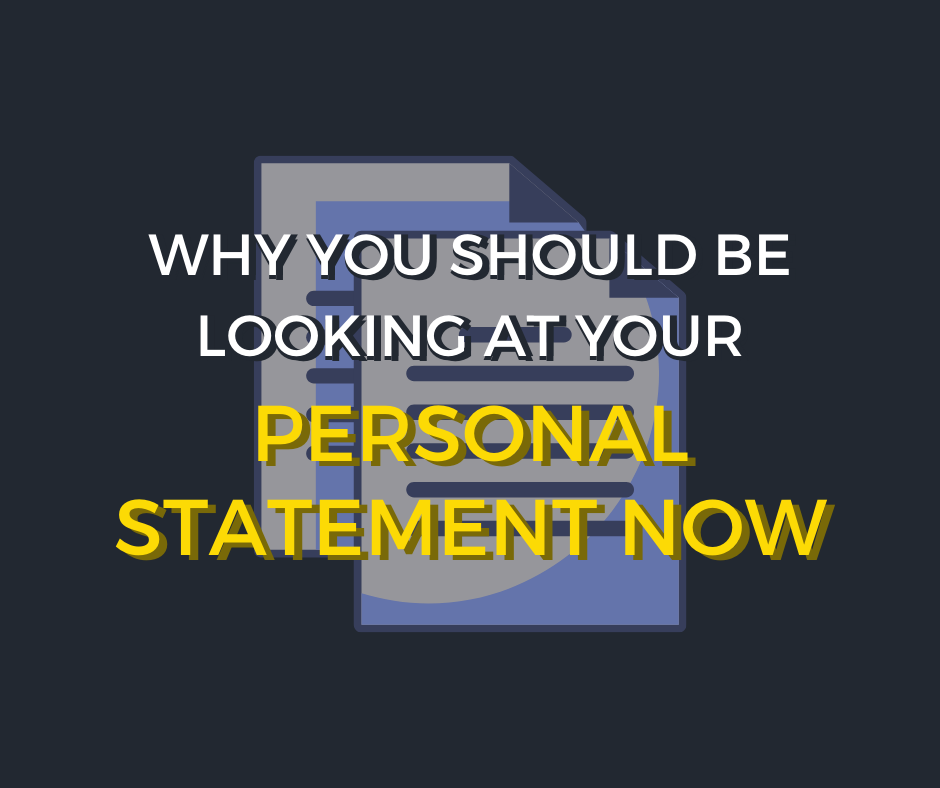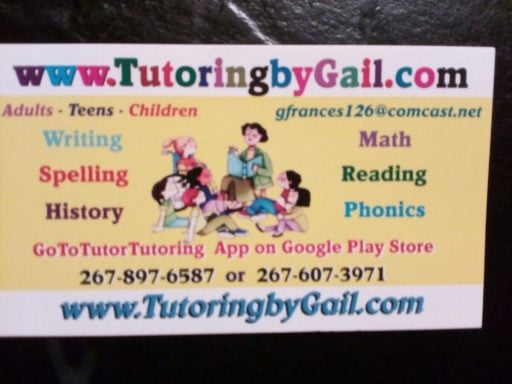Jul 2, 2020 in Tutoring
Why you should be looking at your personal statement now
You may be wondering, with all that time ahead of you, why should you be looking at writing it now?
It's your turn now! Let's support each other by clicking "Helpful".
+1

DISCUSS #Relationship
DISCUSS #Parenting
If you’re planning on applying to the universities of Oxford or Cambridge, or to study medicine or dentistry, then you still have several months to write your UCAS application before the deadline on the 15th of October. That includes your personal statement. If you’re planning on applying for any other course, and Oxford and Cambridge aren’t on your list, you’ll have until the 15th of January 2021. And your personal statement is only 4,000 characters or 47 lines long; that’s roughly 500 words, or only a little longer than this blog post. So you may be wondering, with all that time ahead of you, why should you be looking at writing it now?
The answer is that your personal statement is too important to leave until the last minute. Most of the rest of your university application demonstrates to the university admissions tutors that you have the ability to study the subject you’ve chosen. Your personal statement can serve this purpose as well, but it also serves to show why you want to study this subject. Admissions tutors want to see evidence of both, and a great personal statement can even help compensate for lower grades.
This is particularly important for students looking at 2021 university entry. Because of the impact of coronavirus - cancelled Freshers’ Weeks, remote teaching - many students who had been planning to go to university in 2020 will be deferring to 2021. This means 2021 entry is likely to be more competitive than usual, and you’ll need to do everything you can to make your application shine.
Looking at your personal statement now is one way to get a head start in that competitive environment. What’s more, it gives you time - until October or January, depending - to remedy any gaps that you see when you’re writing it. Are you a little short on material to include? Perhaps you need to spend your summer looking into supercurricular activities; they’re like extracurricular activities, but they build on your knowledge of the subject you’ve chosen, such as visiting an archaeological site for prospective historians, or going to see a Shakespeare play for English literature students. Maybe the content is fine, but it’s much too long, or not well written.
Now and the upcoming summer months are the longest break you’re going to have for a while, so take advantage of that time and get your personal statement into sparkling shape. Come September, you’ll be glad you did.















 Thank you for your help!
Thank you for your help!